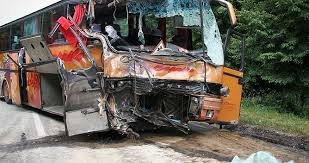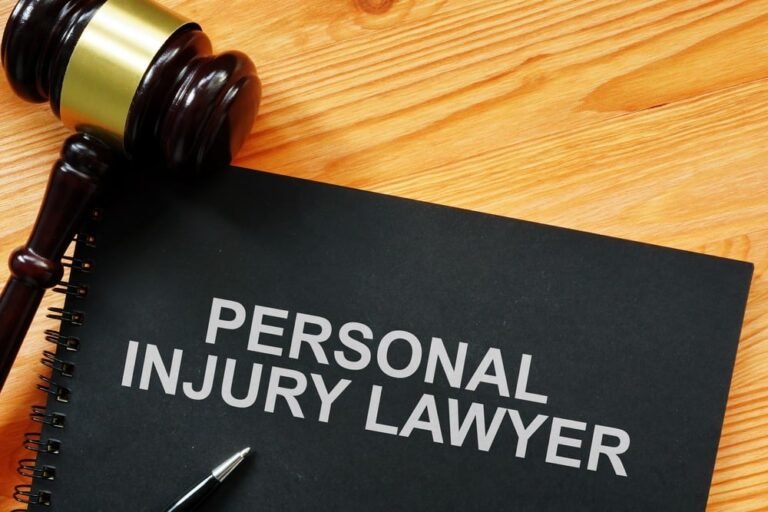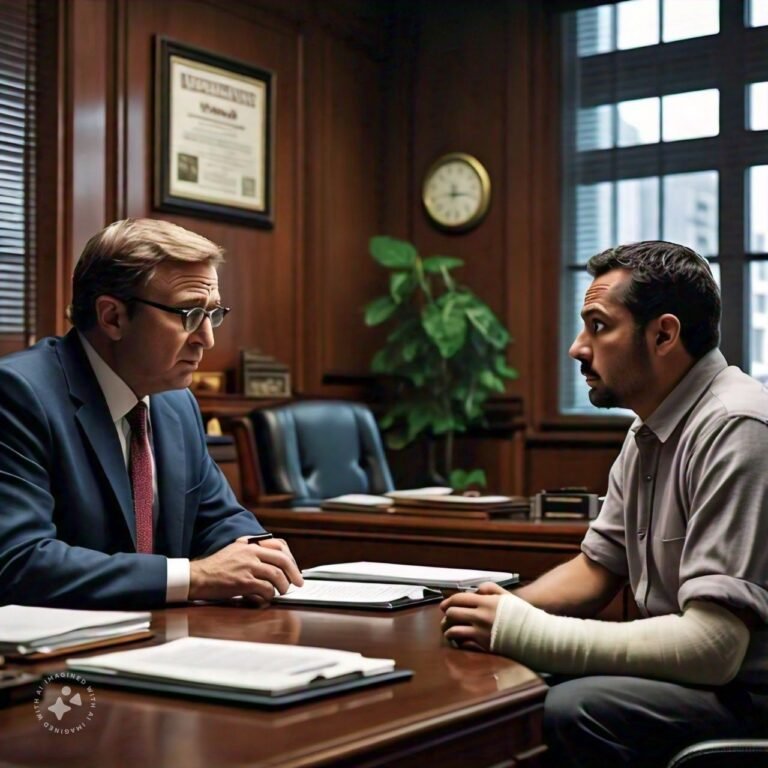When involved in a bus accident, the aftermath can be overwhelming. Physical injuries, emotional distress, and financial burdens are just a few of the challenges that victims face. Navigating the legal landscape to secure compensation and justice can be daunting, especially when dealing with large bus companies, insurance firms, and complex laws. This is where a bus accident lawyer comes into play. They can be your strongest ally in ensuring that your rights are protected, and you receive the compensation you deserve.
Understanding the Complexity of Bus Accident Cases
Bus accident cases are inherently more complicated than typical car accident cases. This complexity stems from various factors, such as the number of parties involved, the regulations governing public transportation, and the severity of injuries that are often sustained.

Multiple Parties Involved
In a bus accident, several parties could be held liable, including:
The Bus Driver:
If the driver was negligent or violated traffic laws, they might be held responsible for the accident.
The Bus Company:
The company that owns or operates the bus may be liable if they failed to maintain the vehicle properly, did not follow safety regulations, or hired unqualified drivers.
Government Entities:
If the bus was part of a public transportation system, the government agency responsible for the operation might be liable.
Other Drivers:
If another vehicle was involved and caused the accident, the driver of that vehicle could be held responsible.
Manufacturers:
If a defect in the bus or one of its parts caused the accident, the manufacturer could be held liable.
Complex Regulations
Buses, especially those used for public transportation or school purposes, are subject to strict federal and state regulations. These laws cover various aspects, including driver qualifications, vehicle maintenance, safety standards, and hours of operation. A bus accident lawyer is well-versed in these regulations and knows how to apply them to your case.
Severity of Injuries
Bus accidents often result in more severe injuries than typical car accidents due to the size and weight of the bus, the number of passengers, and the lack of seat belts in many buses. The severity of injuries can complicate the case, especially when calculating damages for long-term medical care, rehabilitation, and loss of income.
Investigating the Accident
Once you decide to proceed with your case, the next critical step is the investigation. A thorough investigation is essential to build a strong case and establish liability.
Collecting Evidence
A bus accident lawyer will gather all available evidence to support your claim. This includes:
Police Reports:
These reports provide an official account of the accident and may include witness statements, the officer’s observations, and any citations issued.
Medical Records:
Detailed medical records are crucial for documenting your injuries and the treatment you have received. They also help establish the link between the accident and your injuries.
Surveillance Footage:
If the accident occurred in an area with surveillance cameras, the lawyer might obtain footage that captured the incident.
Witness Statements:
Witnesses can provide valuable testimony about what they saw before, during, and after the accident.
Accident Reconstruction:
In complex cases, a lawyer may work with accident reconstruction experts who can recreate the accident and provide insights into how it occurred.
Identifying Liable Parties
Determining who is liable for the accident is a critical aspect of your case. A bus accident lawyer will analyze the evidence to identify all parties that could be held responsible. This process often involves reviewing the bus company’s maintenance records, the driver’s employment history, and any potential defects in the bus.
Taking Your Case to Court
If a fair settlement cannot be reached through negotiation, the next step is to file a lawsuit. A bus accident lawyer will guide you through the process of taking your case to court.
Drafting and Filing the Complaint
The first step in filing a lawsuit is drafting and filing a complaint with the court. This document outlines the details of the accident, the injuries you sustained, the parties involved, and the compensation you are seeking. A bus accident lawyer will ensure that the complaint is comprehensive and meets all legal requirements.
Discovery Process
Once the lawsuit is filed, both sides will engage in the discovery process. This phase involves exchanging information, evidence, and documents relevant to the case. A bus accident lawyer will manage the discovery process, ensuring that all necessary information is obtained and that the opposing side complies with legal requirements.
Pre-Trial Motions and Hearings
Before the trial begins, there may be several pre-trial motions and hearings. These motions could address issues such as the admissibility of evidence, the scope of the trial, or the dismissal of certain claims. A bus accident lawyer will handle these motions and advocate for your best interests in court.
Representing You in Court
If your case goes to trial, your bus accident lawyer will represent you in court. They will present your case to the judge and jury, cross-examine witnesses, and make arguments on your behalf. The lawyer’s goal is to secure a favorable verdict that provides you with the compensation you deserve.
Understanding Compensation
One of the most critical roles a bus accident lawyer plays is calculating the damages you are entitled to. This process involves assessing both economic and non-economic damages.
Economic Damages
Economic damages refer to the financial losses you have incurred as a result of the accident. These damages are often easier to quantify and include:
Medical Expenses:
This includes the cost of medical treatment, hospital stays, surgeries, rehabilitation, and any future medical care you may require.
Lost Wages:
If you are unable to work due to your injuries, you may be entitled to compensation for the income you have lost and any future loss of earning capacity.
Property Damage:
If your personal property, such as a vehicle, was damaged in the accident, you could receive compensation for repair or replacement costs.
Other Out-of-Pocket Expenses:
This could include travel expenses for medical appointments, home modifications, and any other costs directly related to the accident.




